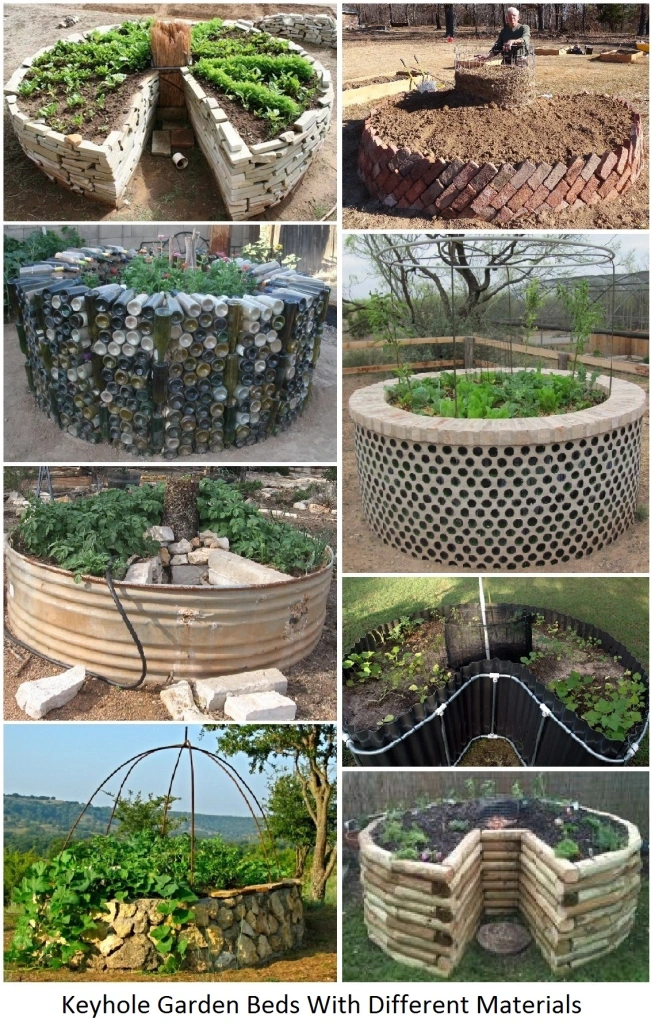Week 9 - Permaculture design course
Permaculture is the conscious design and maintenance of agriculturally productive ecosystems which have the diversity, stability, and resilience of natural ecosystems. We can enrich ourselves with permaculture topics which are soil, water, climate, topography, earthworks, pattern, kitchen and market garden, food forest, animals system and aquaculture, urban and community strategies, and making a big scale design. We are learning on designing a system, growing food, to community groups, and herbal remedies.
Modules include :
- Permaculture background (Ethics & Principles)
- Plants & Trees (from Orchards to Forest Gardens)
- Growing food (from raised beds to whole farms)
- Soil (nutrients, testing, compost, and more)
- Water (designing with water, resource management, availability, etc)
- Social Systems (personal resilience, herbal remedies, communities, land ownership, decision making and more)
- Built Environment (Eco buildings, retrofitting, energy, urban permaculture, etc)
- Design Tools (site mapping, system design, zoning, and many more tools to help you design effectively)
- Design Projects along the way
- Major design project - using a design process, create your own design with guidance from us and feedback from your peers)
- Next steps - how to continue your permaculture and design journey
This week was an amazing introduction to permaculture week. The theoretical lessons are a mixture of videos, games, activities, and exercises. This is a super fun way to learn and apply design principles and concepts with games.

Keyhole gardens are seen in permaculture because they are beautiful and
productive, ideal for small spaces, and can accommodate a variety of
plants, annual vegetables, herbs, and flowers. Keyhole beds offer easy access to crops when gathering, as well as
making it easier and more efficient to tend the garden. The soils in the
beds require no digging or tilling, preventing disruption of soil
ecology, and reducing erosion while also mulching to increase moisture
retention. (1)
(1) https://permaculturefoodforest.wordpress.com/2016/04/14/keyhole-gardens/



Comments
Post a Comment